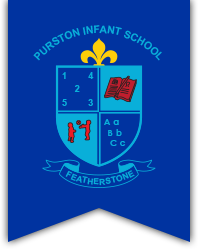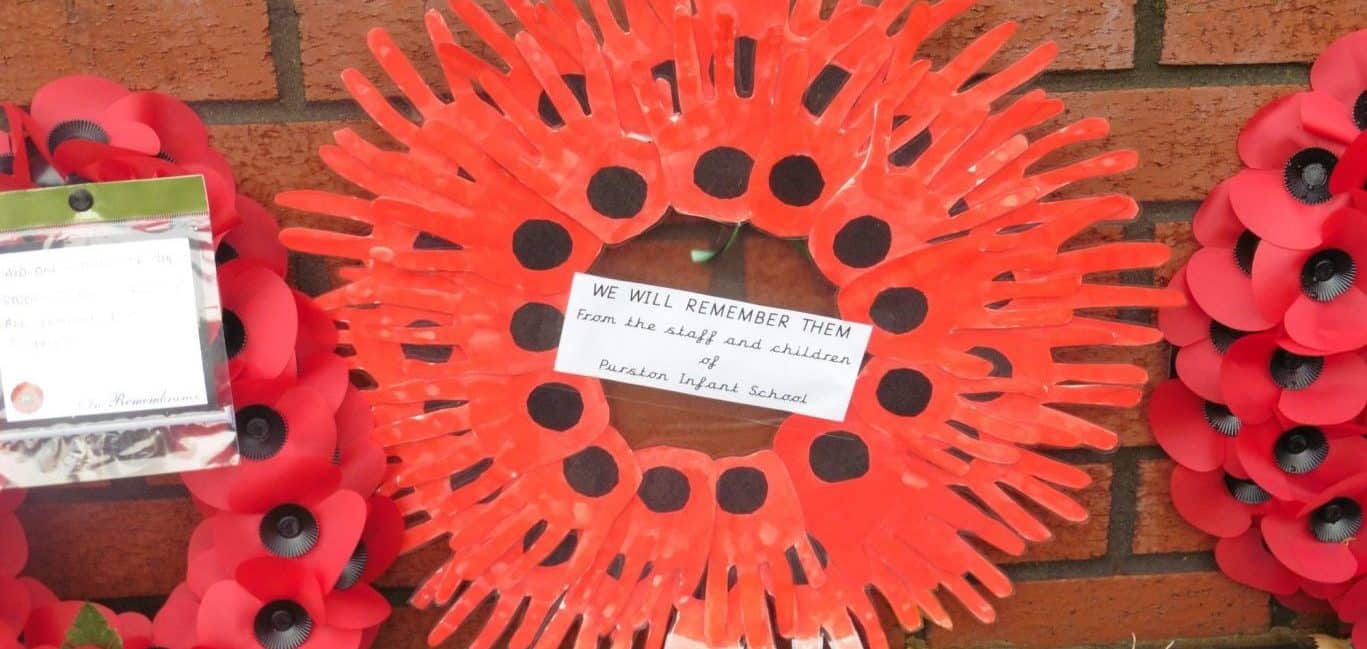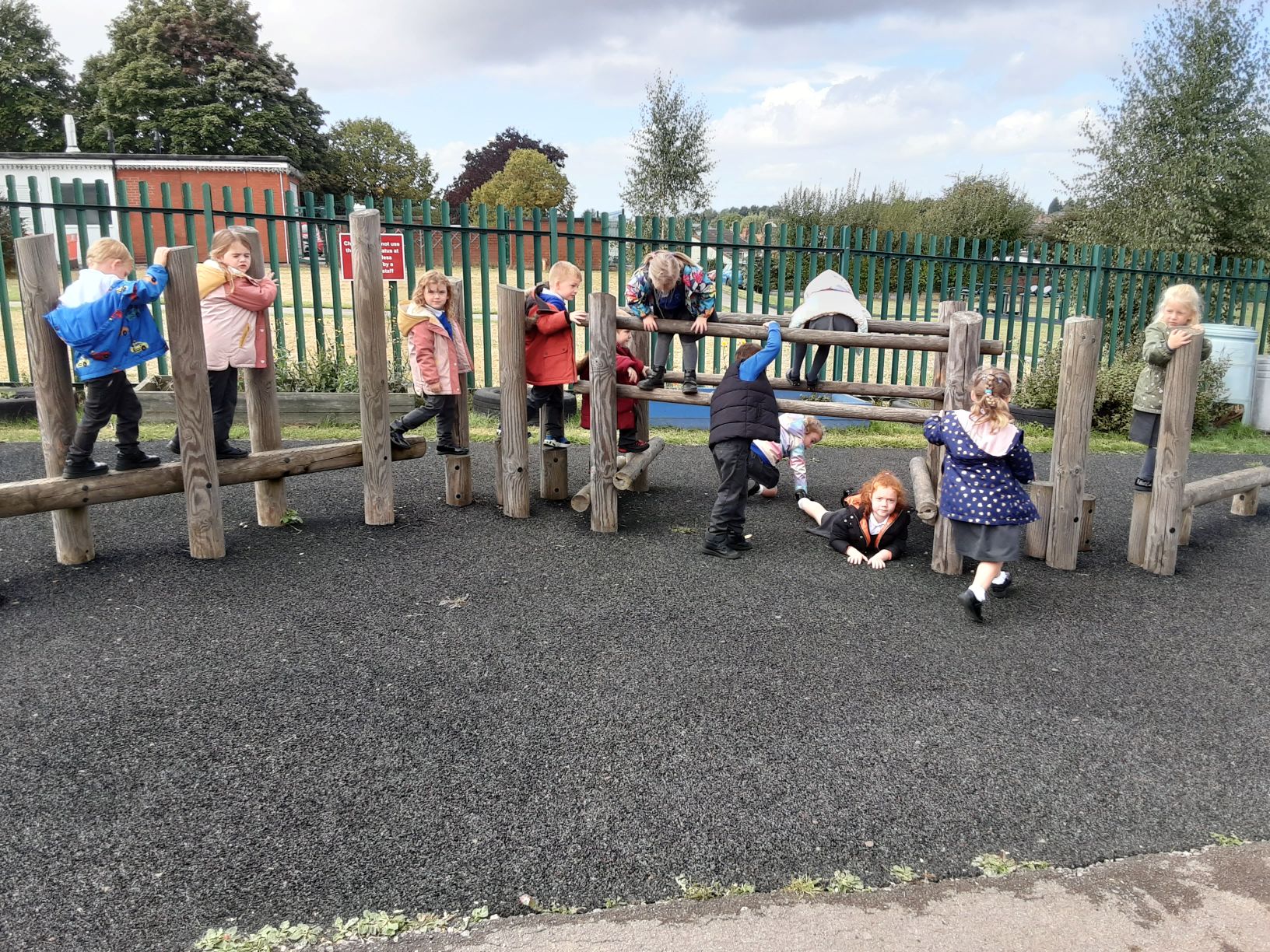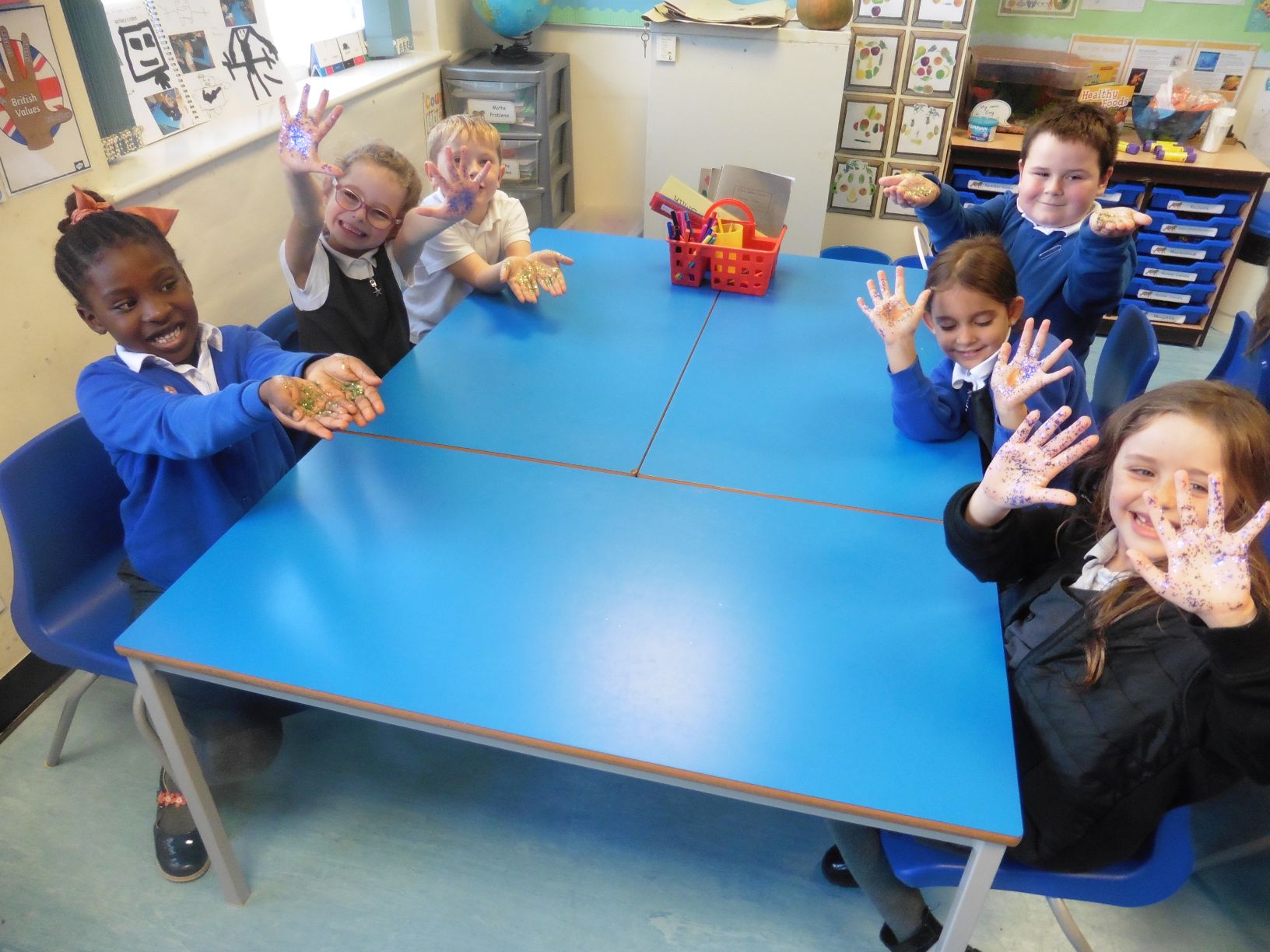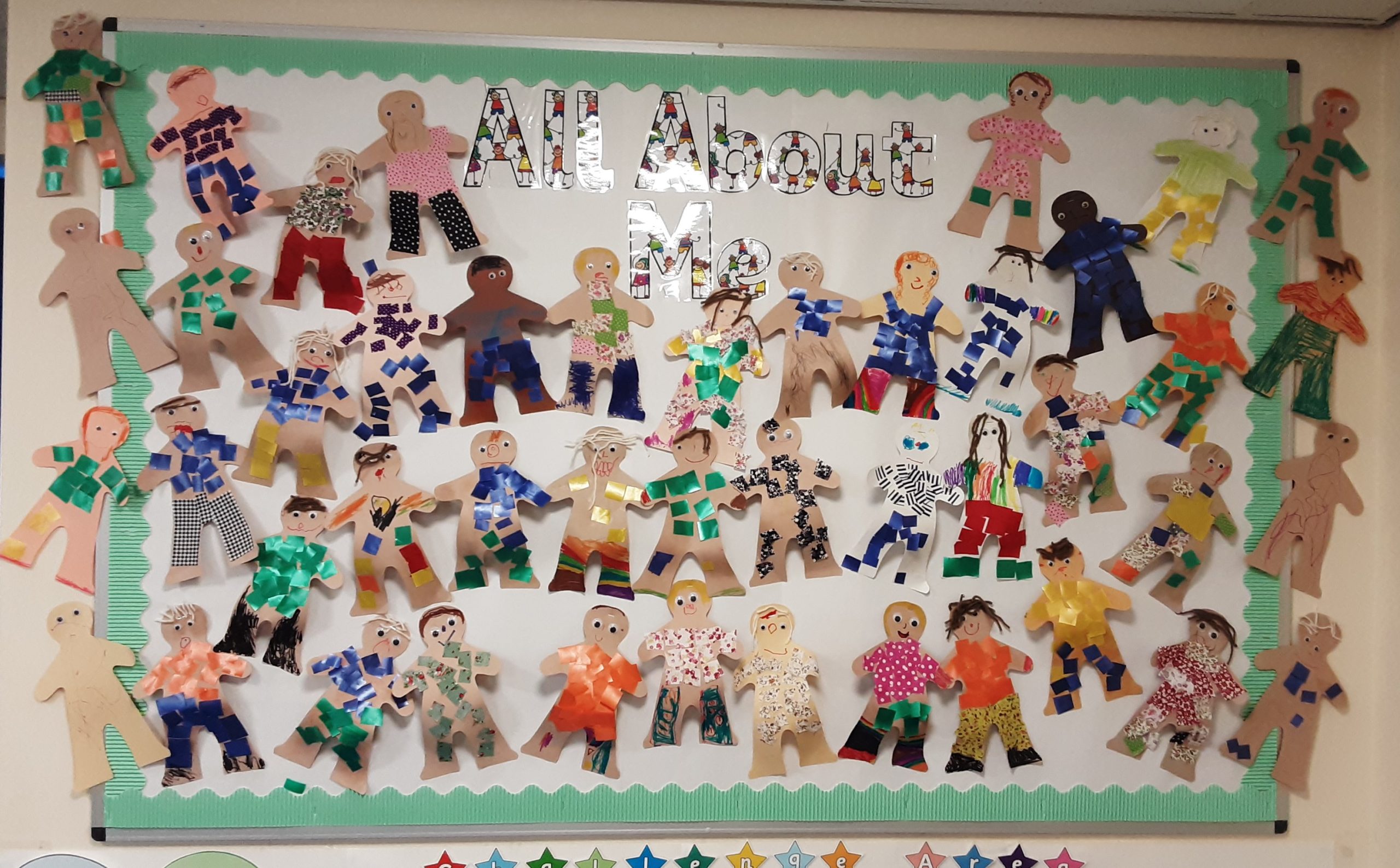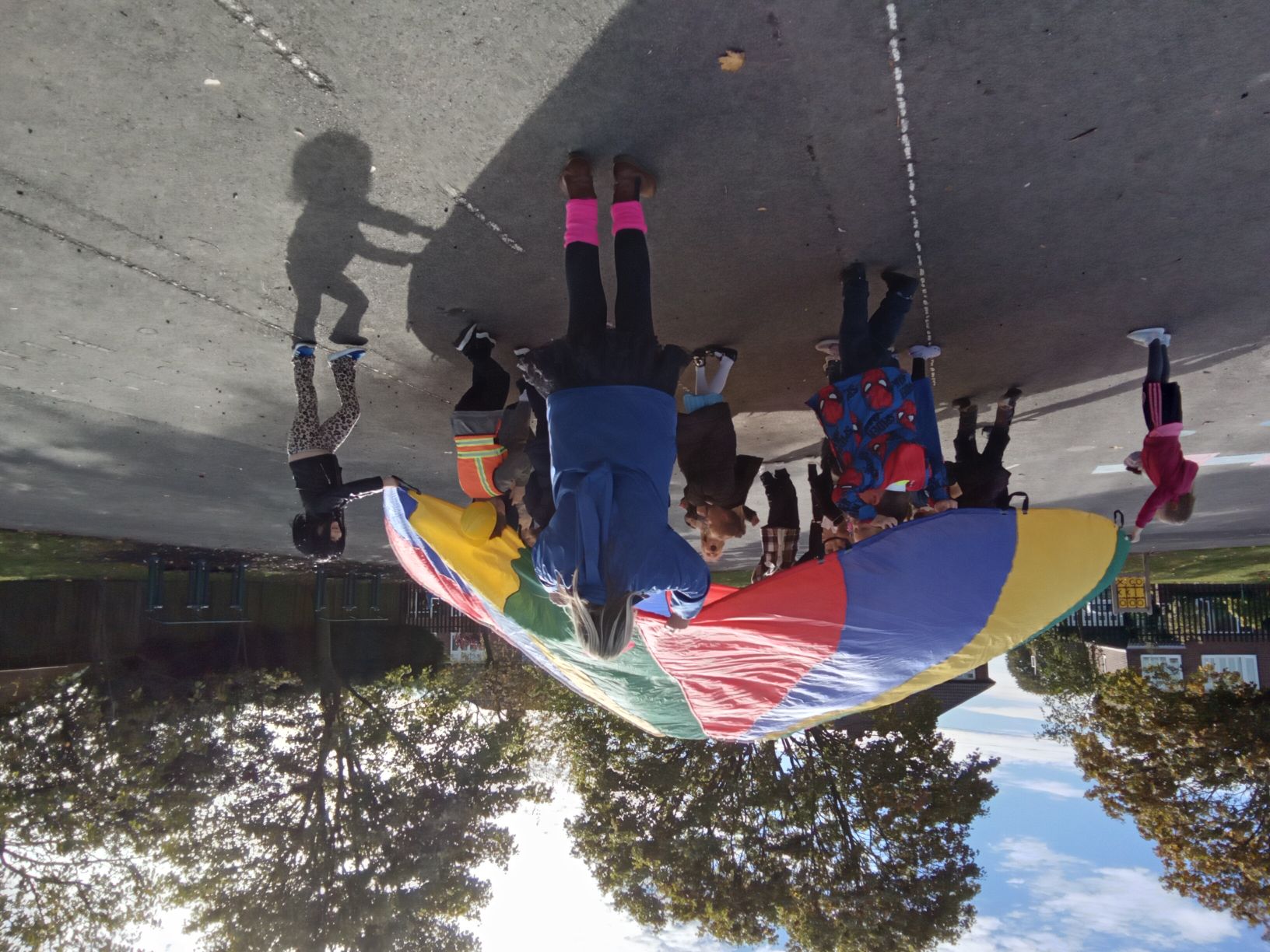At Purston Infant School, we believe that literacy and communication are key life skills. Through the English Curriculum, we aim to help children develop the skills and knowledge that will enable them to communicate effectively and creatively through spoken and written language and equip them with the skills required to become lifelong learners. We want children to enjoy and appreciate literature and its rich variety.
Literacy is at the heart of all children’s learning. It enables children to both communicate with others effectively for a variety of purposes and to examine their own and others’ experiences, feelings and ideas, giving these order and meaning. Literacy is central to children’s intellectual, emotional and social development and therefore has an essential role across the curriculum, helping pupils’ learning to be coherent and progressive.
At Purston Infant School we work to ensure that all children develop the ability to communicate effectively and that any barriers to learning are swiftly identified and addressed.
We strive to enable children to express themselves through speech, role play, nursery rhymes, poetry and stories, as well as through writing in its many forms. Listening to and memorising rhymes and poetry helps children to develop the skills required for early reading and phonic work, which further leads to good spelling.
The teaching of early reading is approached through the Oxford Reading Tree Floppy’s Phonics Sounds and Letters teaching programme. We aim for all children to blend sounds confidently by the age of 6. We expect that the vast majority of children will pass the Phonics Screening Check by the end of Year 1 or Year 2. We encourage the children to take their reading books home and read at home regularly. A high emphasis is placed upon reading with understanding and fluency. Children are encouraged to write book reviews and express opinions about what they read.
A range of high quality fiction and non-fiction books are available throughout the school for the children to read, listen to and enjoy. We believe that children who read widely become confident and expressive writers.
Children are given many opportunities to write, including shopping lists, letters, poems, recounts of their own and others’ experiences, and to use their imagination in story writing. We encourage the children to use neat, non-cursive handwriting, from the formative stage in Early Years, developing into neatly presented joined up writing with good spelling, grammar and punctuation by the end of Key Stage 1.
English curriculum content can be accessed from; www.gov.uk/government/uploads/system/uploads/attachment_data/file/335186/PRIMARY_national_curriculum_-_English_220714.pdf
